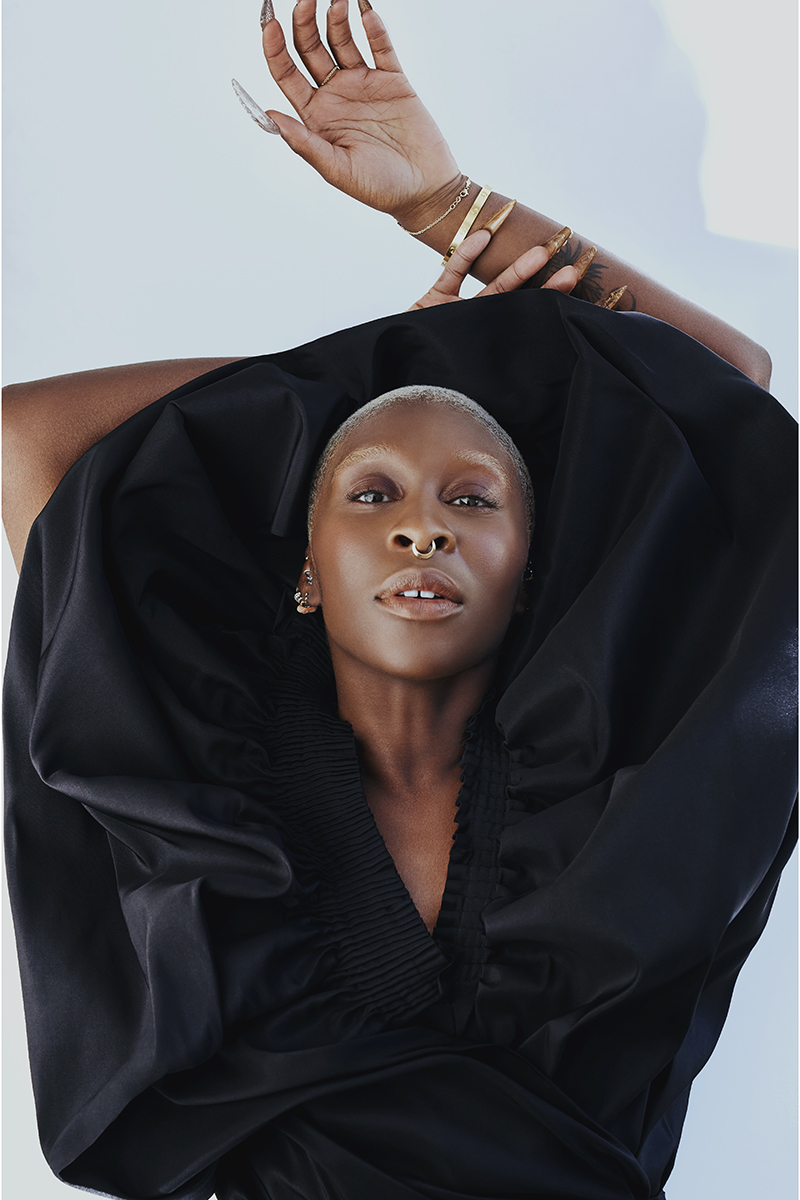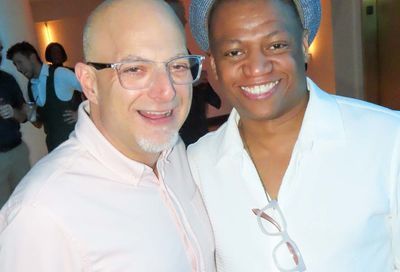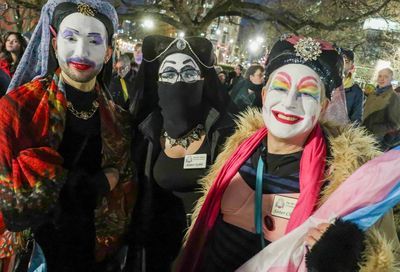Fatal Overdoses of 2 Gay Men in Manhattan Ruled Homicides
Medical examiner's ruling sets stage for possible criminal charges to be filed in relation to the murders of John Umberger and Julio Ramirez.

The fatal overdoses of two men who were robbed after leaving gay bars in New York City’s Hell’s Kitchen neighborhood last year have been ruled homicides by the city medical examiner’s office.
The first victim, Julio Ramirez, a 25-year-old social worker from Brooklyn, was found dead in a taxi on the Lower East Side in April.
The second man, D.C. resident John Umberger, was found dead in an Upper East Side townhouse a month later.
Following their deaths, the men’s families discovered that thieves had drained the victims’ bank accounts using facial recognition technology. They also attempted, but failed to, log in to and empty Umberger’s trust fund account.
Julie Bolcer, a spokeswoman for the medical examiner’s office, said Ramirez and Umberger had been victims of “drug-facilitated theft,” with both men being killed by the same drug cocktail — a mixture of cocaine, lidocaine, ethanol, heroin, fentanyl, and p-fluorofentanyl.
The medical examiner’s report did not find the presence of any substance used as a so-called “date rape” drug or “roofie,” such as GHB, in either man’s system, although such drugs only stay in a person’s system for a short time, making them difficult to detect.
Additionally, such topics are not usually checked for in routine drug and toxicology tests, reports The New York Times.
Since then, dozens of victims have alleged they were drugged and robbed in incidents that have not yet been connected to either Ramirez’s or Umberger’s deaths, but follow a similar pattern.
The New York City Police Department confirmed last month that three men who had visited The Eagle NYC, a gay leather bar, had fallen victim to a similar drugging and robbery scheme.
While most victims have been hesitant to file police reports — often due to fear of not being believed or following negative interactions with police — those who have spoken to the media say they have woken up not remembering how they got where they are, discovering that personal valuables and money were missing, and — in some cases — that money has been taken from their bank accounts using facial recognition or fingerprint technology on their mobile phones.
In January, police told reporters they believe the perpetrators have been successful in drugging and incapacitating the victims after luring them away from nightlife spots in the city.
“What we think is happening with this scheme is [victims are] being lured away from the club, maybe to say, ‘Hey, you wanna come with me? I got some good drugs,’ or something like that,” Capt. Robert Gault, of the city’s 10th Precinct, which includes Chelsea and part of Hell’s Kitchen, told attendees of a police community council meeting.
“And then, once they get into a car to do whatever it is that they’re going to do, at some point or another, they don’t know what happened when they wake up.”
Both Ramirez and Umberger’s families have said in the past it would have been out of character for their loved ones to be involved in drugs of any kind.
The homicide rulings are an important step towards eventually prosecuting those responsible for the men’s deaths.
A New York Police Department spokesman told the Times that the deaths were “currently under investigation” as part of a series of “several incidents where individuals have been victims of either robberies or assault.”
Police have also said that they do not believe the incidents are motivated by anti-LGBTQ animus, but rather monetary gain.
“Some of the victims are members of the LGBTQIA+ community; however, it is believed that not all of the victims are,” the spokesman said.
Linda Clary, Umberger’s mother, told the Times that the homicide ruling was “a gut punch” but also “a huge relief, because we fought this for so long.”
“The NYPD at first presented to us that John was robbed while at a club and was so depressed that he went home and did a bunch of drugs,” she said. “But I was like: ‘No, that’s not what happened. John would not have done that.’ And now we know.”
In December, Manhattan District Attorney Alvin Bragg Jr. announced the indictment of Kenwood Allen on murder, robbery, and other charges in relation to a series of drug attacks on the Lower East Side in which 26 victims were drugged and robbed and six died of drug overdoses. Allen has — at least thus far — only officially been charged in five of the robberies and two of the deaths.
Prosecutors allege that Allen drugged his victims with fentanyl after they spent the evening out in bars, before robbing them of their phones, credit card, or watches.
Several other men were indicted on lesser charges in those drug-related cases, but none were charged with drugging the victims, reports ABC New York.
Support Metro Weekly’s Journalism
These are challenging times for news organizations. And yet it’s crucial we stay active and provide vital resources and information to both our local readers and the world. So won’t you please take a moment and consider supporting Metro Weekly with a membership? For as little as $5 a month, you can help ensure Metro Weekly magazine and MetroWeekly.com remain free, viable resources as we provide the best, most diverse, culturally-resonant LGBTQ coverage in both the D.C. region and around the world. Memberships come with exclusive perks and discounts, your own personal digital delivery of each week’s magazine (and an archive), access to our Member's Lounge when it launches this fall, and exclusive members-only items like Metro Weekly Membership Mugs and Tote Bags! Check out all our membership levels here and please join us today!






















You must be logged in to post a comment.